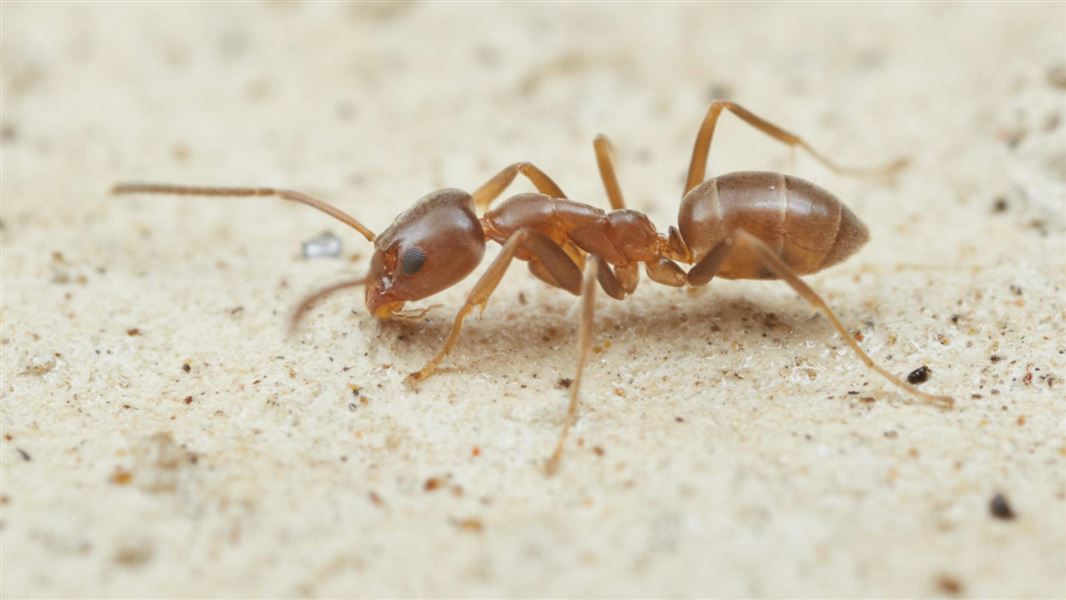Archived content: This media release was accurate on the date of publication.
Date: 04 May 2018
DOC confirmed a colony of the small, honey-coloured ants was discovered at Paraparaumu Beach on Monday.
Argentine ants have been discovered on Kāpiti Coast previously, but this nest is close to where Kāpiti Island tourism providers leave for the island, increasing concerns that these ants could reach the native bird sanctuary.
DOC has support from Kāpiti Coast District Council and Kāpiti Boating Club to poison the nest at the mainland visitor departure point, which is on council land and leased to the club.
DOC will continue to monitor the immediate area for reinvasion and do ongoing control if needed.
Jack Mace, Operation Manager for Kāpiti Wellington, says, “We can’t afford to let even one of these invasive insects get across to the nature reserve. These ants are tiny so we insist that anyone travelling to the island to be very vigilant about checking their gear.”
“Our tourism providers have high biosecurity standards but we’ve asked them to redouble their efforts. In fact, it was one of the boat operators who alerted us to the nest, so we know they are on the ball.”
The ant is one of the world’s most invasive species. They are very aggressive and can combine in large numbers into super-colonies with huge appetites.
They are a threat to our native species because they displace and kill native invertebrates, including native ants. They also compete with kiwi and other native birds and lizards for food such as insects, worms and nectar.
“With these ants spreading across New Zealand rapidly since the 1990s, it was only a matter of time before they reached the Kāpiti Coast,” says Jack Mace.
“We can still prevent them from reaching Kāpiti Island – but we’ll need everyone’s help to do that.”
Jack Mace says DOC will implement a monitoring and response plan on the island to ensure, even if they do reach the reserve, they are picked up quickly.
“We can eradicate them if they get there – that’s totally feasible. However robust quarantine measures to minimise the risk of them getting there is our first line of defence.”
